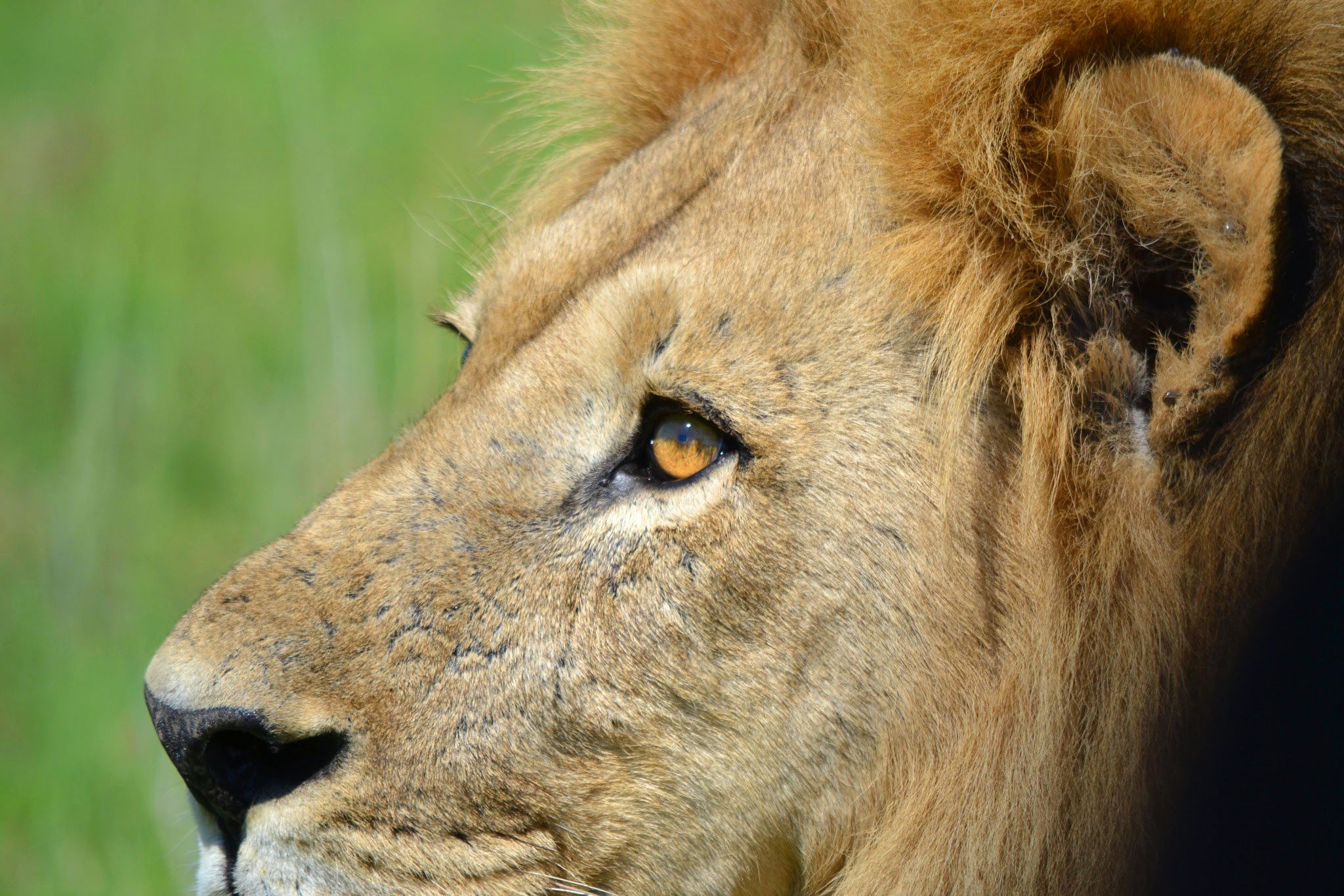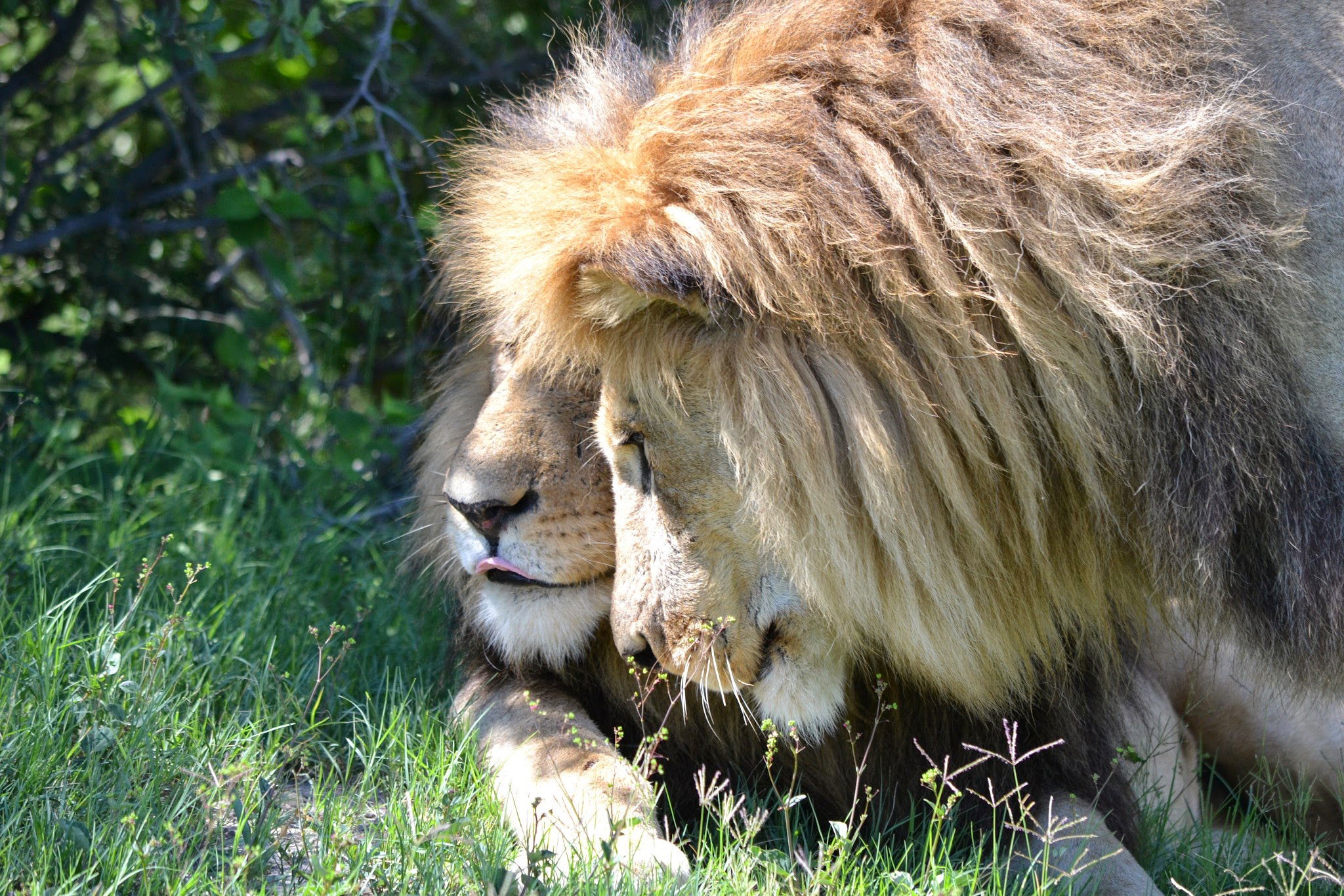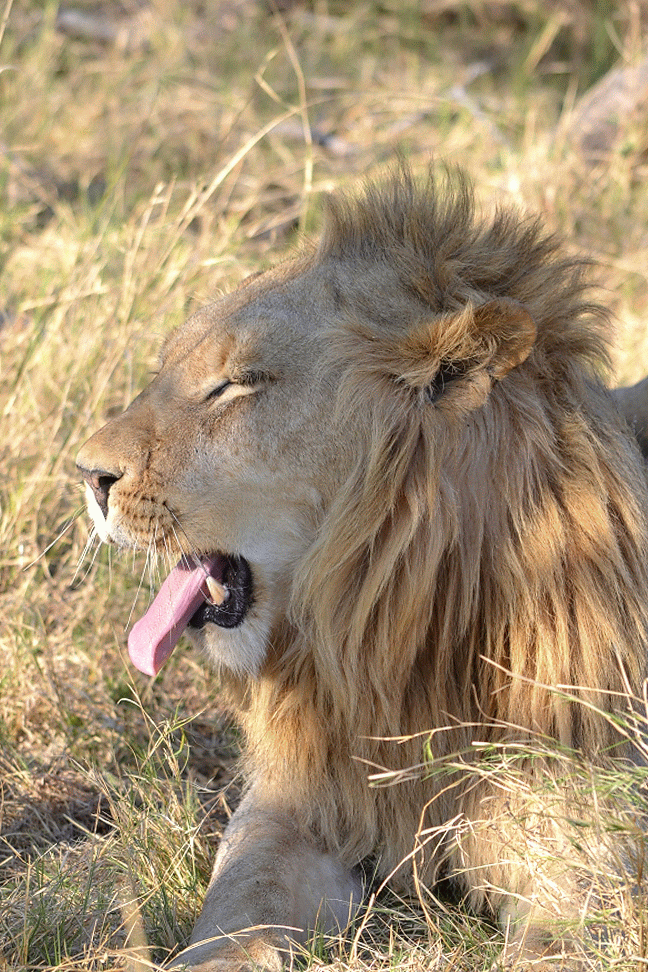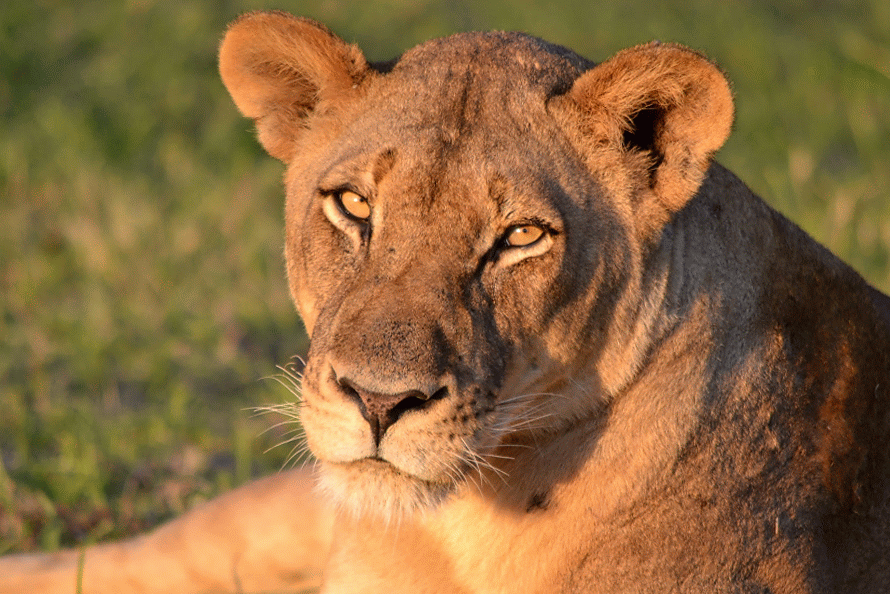Africa—Ruffled: Tales from Africa's Heartbeat
I want to take you on a journey through Africa's wildlife - I might not be an academic conservationist, but I've logged countless hours in the bush, soaking up knowledge from those who truly understand it. Since 2002, I've had the incredible fortune of travelling through Africa's landscapes, surrounded by the raw beauty of nature, mingling with exceptional game rangers and hanging out with remarkable personalities like Dr Steve Boys, the late Dr Bill Branch, Derek Salomon, and most recently, the esteemed National Geographic Photographer Sergio Pitamix. These experiences have been my classroom, teaching me sometimes more than any textbook ever could. People often pick my brain for straightforward explanations about the wild world—it's not scientists asking; it's regular folks like you and me, hungry to grasp the magic of the bush and all the creatures that inhabit it.
Join me as I share stories about lions, elephants, buffaloes, leopards, rhinos, cheetahs, hippos, crocs, and a sky teeming with birds, offering a peek through my lens, telling my stories and those of others. Let's dive into the "quiet" corners of my Africa.
Let's talk about lions—Panthera Leo, the kings and queens of the Savanna! Lions, with their golden coats and majestic manes, once ruled vast African territories, but now face challenges. In January 2022, Africa hosted an estimated 20,000 to 25,000 lions. However, these numbers fluctuate due to habitat loss, human conflicts, and conservation efforts.
Lions prioritize family, hanging out in tight-knit prides where lionesses lead the hunt while males protect the territory. Witnessing their teamwork during a hunt is like watching an action movie!
However, life isn't easy for these majestic creatures. Human encroachment, poaching, and food scarcity threaten their survival. To protect these icons, we must monitor their populations and safeguard their habitats. Trophy hunting compounds the problem—targeting big male lions for trophies disrupts the pride's dynamics, causing leadership vacuums and social confusion. When a dominant male lion is hunted, it can lead to: New Male Takeover: A new male from outside the pride may seize dominance, sparking conflicts and a potential reshuffling of the pride's hierarchy. Leadership Gap: Absence of the dominant male creates a temporary leadership vacuum, leaving the pride vulnerable to threats from other predators or rival lions. Disruption of Social Order: The death or displacement of the alpha male causes stress among lionesses and younger males, leading to confusion in the pride's social structure. Cub Impacts: Lionesses with cubs might be hesitant to mate with the new male, prioritizing their cubs' safety. The new male might eliminate existing cubs to establish his lineage. Cubs are typically born in litters of 2-3 after a gestation period of about 3.5 months and are raised communally within the pride.
Preserving these fascinating creatures without disrupting their lives is essential. Their well-being depends on our efforts to protect their habitats and decrease human-induced threats. Preserving these fascinating creatures without disrupting their lives is essential. Their well-being relies on our efforts to protect their habitats and decrease human-induced threats.
Let's continue this wild adventure together!



